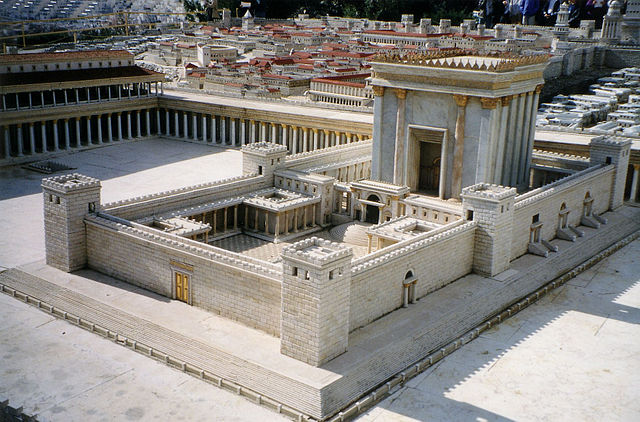Temple vs Synagogue
The distinction between a temple and a synagogue originates in Jewish beliefs. While many people often consider these terms to have the same meaning, they actually convey different senses when used separately. The word “synagogue” comes from the Greek word “Sinagogos,” which refers to a place where people assemble, often denoting the House of Assembly. In a general sense, a temple is a sacred place where followers of any religion go to worship. Synagogues are associated with Jewish culture, and from a Jewish perspective, the term “temple” carries a special meaning.
What is a Temple?
In a general sense, a temple is a sacred place where followers of any religion go to worship. Every religion typically has a temple, a place of worship known by this name. For these religions, the temple is the house of God. They use the word “temple” to refer to any place of worship that the followers of those religions have built. However, this belief changes when it comes to Judaism.
For Jews, the word “Temple” primarily refers to the shrine in Jerusalem. If a Jew uses the word “temple,” they are referring to the Holy Temple that was in Jerusalem. Solomon constructed the first-ever temple in the 10th century BCE. The Jews refer to such constructions as temples. After the Romans destroyed the Second Temple, they no longer have a physical construction that they can refer to as the temple. Orthodox Jews believe that only the Messiah can build a new Temple.
When the Temple was present, Jews carried out more traditions, such as sacrifices. Music was also used during prayer in the Temple.
What is a Synagogue?
Since the destruction of the Temple in Jerusalem, a synagogue has become the house of worship for Jews. In the past, a synagogue was essentially a Town Hall, with little connection to worship. The primary purpose behind the construction of a synagogue was to carry on discussions related to business. The Jewish community conducted community business in a synagogue. This was the situation as long as the Temple was present. However, now the synagogue is built for the primary purpose of worship.
To honor the memory of the Temple, the worship style in synagogues has also undergone some changes. For example, instrumental music is not used in synagogues for worship.
Key Takeaways
- Temple, in the general sense, means the place of worship in any religion, while in Judaism, it refers to the Holy Temple that was in Jerusalem. Synagogue is the Jewish house of worship.
- A normal temple can be built anywhere, but the Temple can only be built on the ground where the former temples stood. Synagogues can also be built anywhere.
- The Temple has special traditions such as sacrifices and using music for prayers. Synagogues do not perform sacrifices, and as a way of putting the Temple memory in a special place, they do not use music during prayer.
